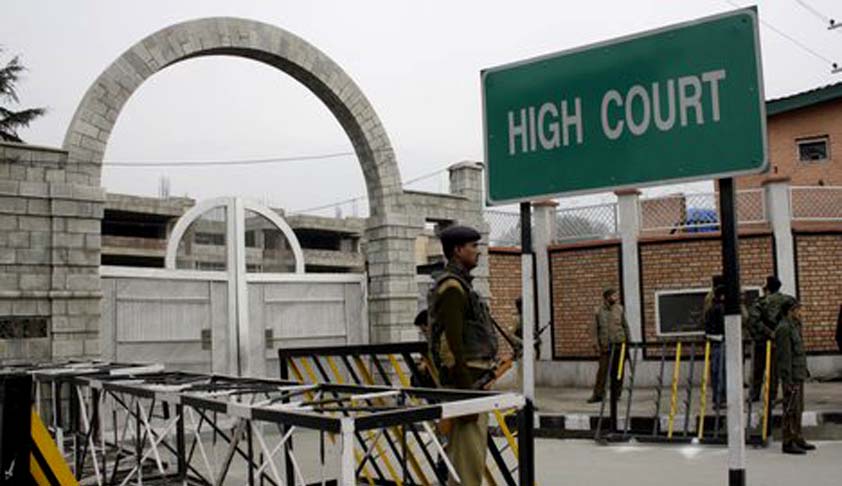J&K HC-Appointed Committee Fears Dal Lake Won’t Survive Beyond 30 Yrs, HC Passes String Of Interim Directions
akanksha jain
24 Dec 2018 9:42 PM IST

Next Story
24 Dec 2018 9:42 PM IST
The Committee of Experts (COE) appointed by the Jammu and Kashmir High Court has sounded an alarm that the Dal Lake may not survive beyond 30 years if the polluting activities in and around it continue as usual.Taking the report of the COE on record, the high court bench of Chief Justice Gita Mittal and Justice Sanjeev Kumar passed a string of interim directions, including gradual elimination...
